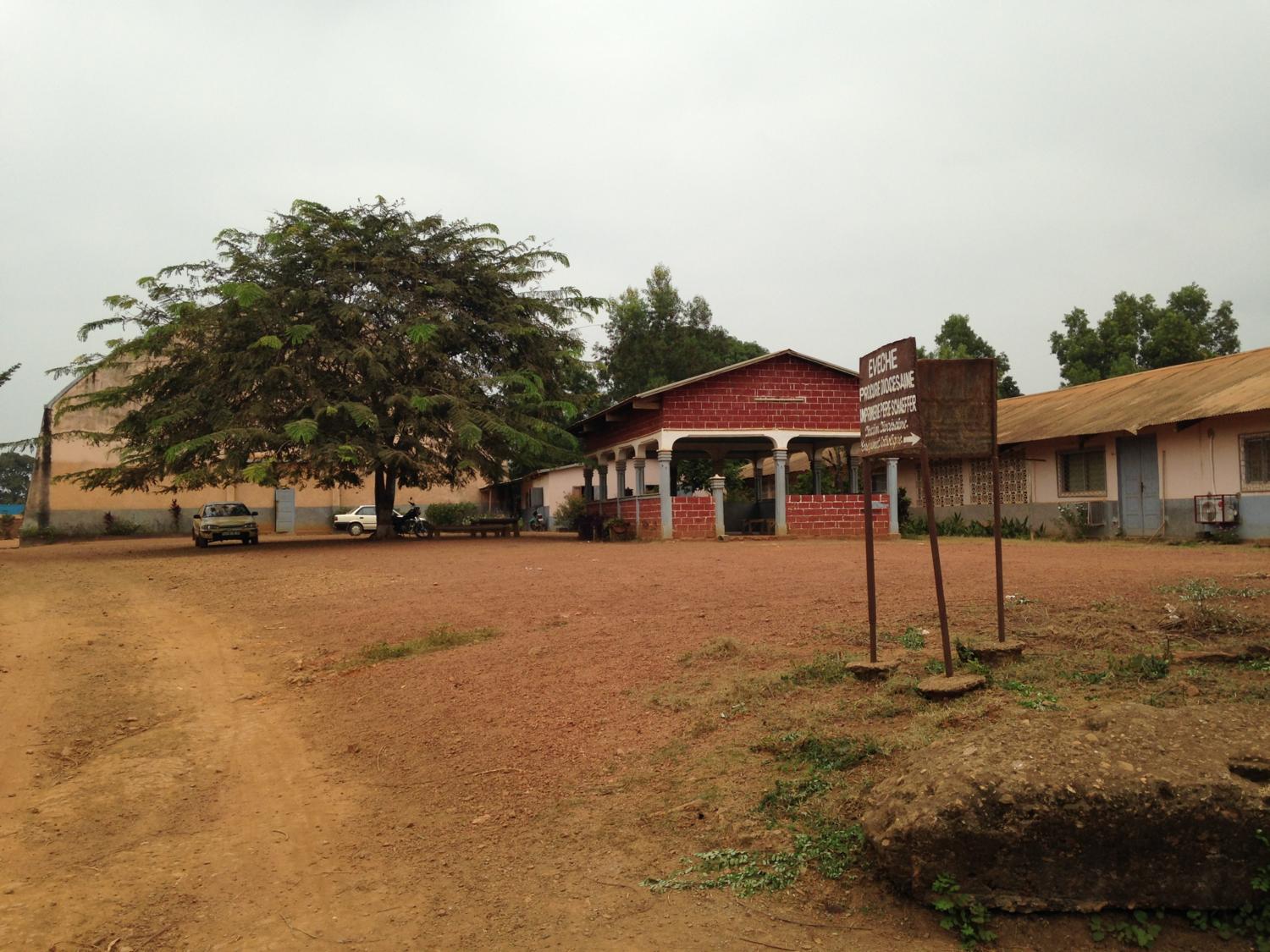In the Republic of Congo, the PWYP coalition is campaigning for better management of natural resources by looking into the efficiency of public spending. To this end, it organises targeted actions to hold the government accountable and to involve citizens into the budgetary process.
The President of the National Assembly rises solemnly. The microphone crackles for a moment to announce the opening of a discussion on the amended 2015 Finance Law. As Congo-Brazzaville’s budget is 75% dependent on revenues from the extractive industries, it is suffering from the serious decline in hydrocarbon prices that have dropped from an average of 125 USD per barrel in 2014 to 60 USD per barrel in 2015. Between 13 and 26 June, members of the Parliament met in an extraordinary session to deal with a challenging task: they were called to examine and approve the government’s proposal to cut the current 2015 budget by several hundreds of billion of CFA francs, from the initial 3.069.750.000.000 CFA francs to 2.715.066.000.000 CFA francs. Despite official references to a serious shortage of oil revenues, this substantial reduction still raises a number of questions highlighted by PWYP Congo B. in its position paper that was published for members of the Parliament and public authorities in general on 19 June 2015.
For example, PWYP Congo-Brazzaville has calculated that the State must have produced a budget surplus of 4,027 billion of CFA francs since 2008. This amount should have been put into the equalisation account created back in 2006 in order to help the country get through lean times. Those savings could be mobilised by the authorities now to make up for the drop in extractive revenues. However, no mention has been made as to the availability of those funds or their possible use. That is why PWYP Congo-Brazzaville is asking for more transparency from the government in its management of the equalisation account of which no information has been publicly disclosed so far.
Lack of reliable public information is concerning not only in the case of the amounts transferred into the equalisation account, but in other areas too. PWYP Congo B is therefore calling for the publication of commercial agreements between the government and different private and public partners. For instance, what are the terms of the loan agreement between the government of Congo-Brazzaville and China? Expenditure of public funds justifies the need for transparency in this area. PWYP Congo-Brazzaville therefore notes that, despite certain progress with EITI implementation leading to increased clarity regarding the generation of revenues by the government, further efforts are needed. This is particularly true for public expenditures and especially the status of public investments. When focusing on the quality of public investments in healthcare sector, the second largest budget item in the Republic of Congo, the coalition had to face a culture of secrecy and mistrust in an attempt to assess and collect a number of necessary documents. In a report published in December 2014, PWYP Congo-Brazzaville demonstrated that lack of transparency has led to manipulation, in particular where sources of funding for certain projects are concerned, and to mismanagement. Improper planning of healthcare projects discussed in the report is due to insufficient consultation with community stakeholders and inadequate communication inside the Congolese administration. As a result, more than a half of projects listed in 2011, 2012 and 2013 budgets have not been started, while only 9% of projects have been completed and are effectively functioning. A poor record for a country with an ambition to become emerging by 2025.
Another adverse effect arising from the general lack of transparency around the management of public funds that has been cultivated by the authorities is progressive disengagement of citizens who are encouraged to believe that they are not concerned by public affairs at all. It is in order to wake up the community conscience and remind the people of Congo that they have more than a right – an obligation to have their say – that the coalition endeavors to establish local groups responsible for budget monitoring in healthcare sector across the country. This was the case in Nkayi where PWYP Congo B organised a workshop on 22 and 23 June to raise awareness of local communities about the importance of monitoring practical implementation of investment projects. Although the Ministry of Planning of Congo is normally responsible for budget monitoring and tracking, while the Court of Auditors exercises the function of controlling public expenditures, it is essential to ensure civil society control to hold public authorities accountable for their management of public money. Local groups consisting of volunteers undertake field visits to inspect progress and provide a feedback to the coalition members who subsequently compile all data to produce a national report. Engagement of communities that are immediately affected by public investment projects guarantees the accuracy of data collected and also contributes to pressure at the grassroots level. “We have to become like microbes and contaminate the whole world,” shared his excitement a participant of the workshop in Nkayi.
This approach has already borne fruit in 2014 when the coalition undertook its first budget monitoring. Interest shown by local groups through a set of questions aimed at a better understanding of issues related to non-implementation of certain healthcare projects prompted a number of suppliers to resume their work or to complete it. Engagement of local groups is crucial for addressing indifference and the sense of impunity which may benefit certain unscrupulous actors, and proves that the Congolese people are far from being powerless.











